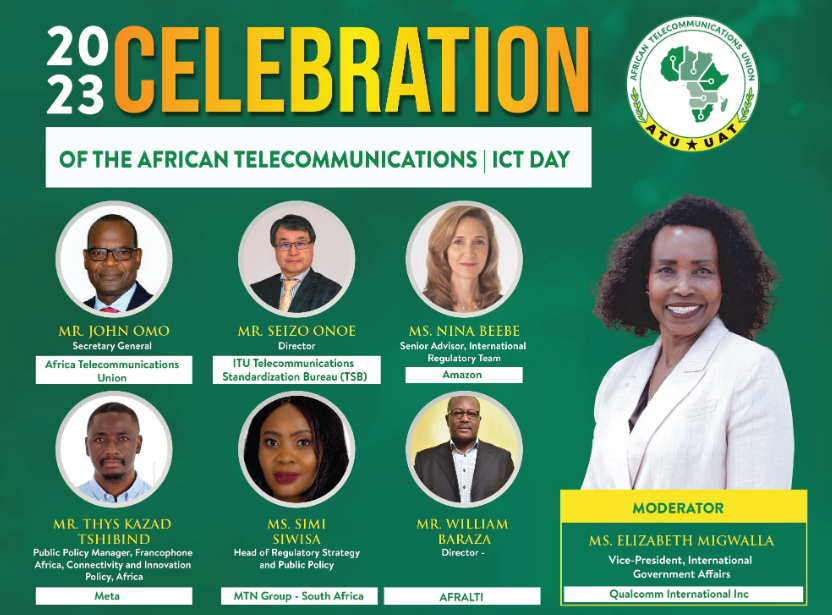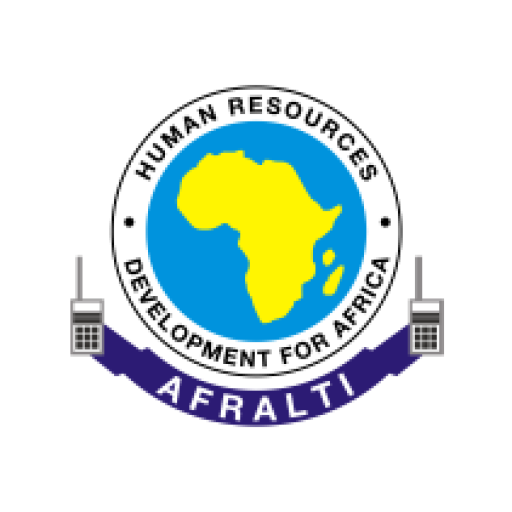
THE 46TH AFRICAN TELECOMMUNICATIONS/ICT DAY
Each year, December 7, is celebrated by Member States of the African Telecommunications Union based on the theme endorsed by the secretariat of the union. This day has been set aside for annual reflection and demonstration on the key role Information and Communications Technologies (ICT) have played and continue to play in the social and economic development of Africa. The theme adopted by the secretariat for this year was, “Towards a Digital Revolution and Inclusion of the Marginalized: Addressing Accessibility Factors“
In the last couple of years, Information and Communications Technologies (ICT) growth in the African region can be described as phenomenal and dynamic. ATU has continually made a commitment to continue working with all the stakeholders through its strategic plan seeking to fully achieve its objectives of promoting the rapid development of the ICTs in Africa in order to achieve universal service and access to broadband.
This year’s ICT Day brought together ICT policy makers, regulators, the private sector, regional development bodies, and other key stakeholders.
Speaking at the event ATU Secretary General Mr. John Omo said, “Knowing that we all want an Africa that is connected, we need to be part of the digital revolution. Africa’s core problem to this extent is digital divide and to include the marginalized, we must address accessibility factors.”
AFRALTI had the privilege of participating in the event as an ATU partner tackling a topic on “Reimagining traditional educational models to include programs that address the digital gap.”
In his speech, the AFRALTI Director Mr. William Baraza said that the digital revolution has irreversibly changed our world, but traditional educational models frequently fail to keep up. As a result, many students, particularly those from underserved communities, are teetering on the brink of a widening digital divide. Reimagining education to close this gap is no longer a luxury, but a necessity.
The Director highlighted examples through which traditional models can be transformed such as; universal connectivity, training in digital literacy, rethinking content delivery, personalized learning pathways, mobile friendly resources and global collaboration.
He also added that the impact of digital technologies in education is not always simple to evaluate and indeed, there is a lot we do not know yet. There is a need to conduct more research on different aspects of digital technologies in education to explore how learners’ minds are being developed and are developing in the digital economy.



